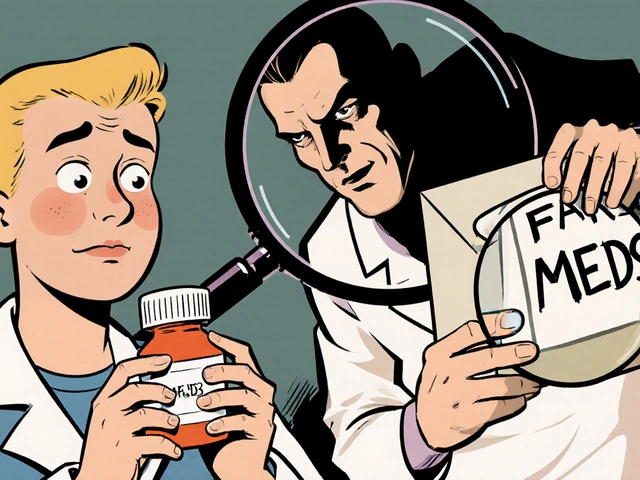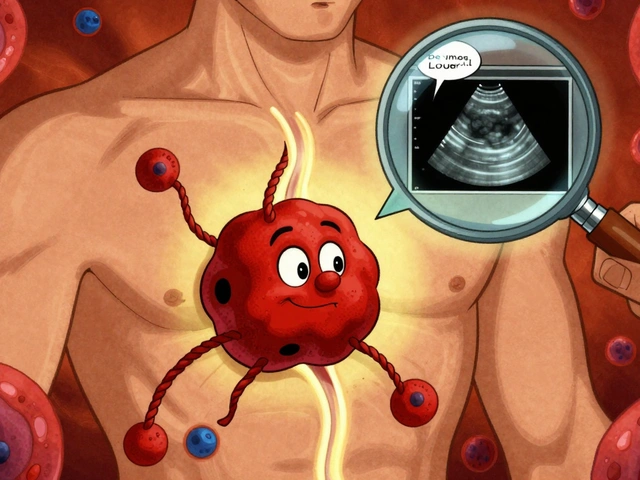Diabetes Made Simple: What You Need to Know Today
Living with diabetes can feel like a full‑time job, but the basics are easier than you think. Your blood sugar is just a number that tells your body how well it’s using glucose. Keep it steady, and you’ll feel better, avoid emergencies, and save on doctor visits.
Understanding Blood Sugar and Why It Fluctuates
Every bite you eat turns into glucose, and insulin (or the lack of it) decides where that sugar goes. Carbs, stress, sleep, and even medication can push your levels up or down. The trick is spotting patterns: a late‑night snack might spike you in the morning, while a brisk walk can pull the number down fast.
Most people with type 2 diabetes need more than diet alone. That’s where meds step in. If you’ve heard of Actos (pioglitazone), you’ve seen one of the go‑to drugs for controlling blood sugar. It works by making your body’s cells more sensitive to insulin, helping glucose slide into cells easier.
Practical Tips to Keep Your Glucose in Check
1. Eat fiber‑rich carbs. Swap white bread for whole‑grain, add beans or lentils to meals, and you’ll get a slower sugar release.
2. Snack smart. A handful of nuts or a piece of fruit with protein (like cheese) prevents big spikes.
3. Move daily. Even a 15‑minute walk after dinner can lower the evening reading by 20‑30 points.
4. Stay hydrated. Water helps kidneys flush excess sugar. Skip sugary drinks; they add more glucose for no benefit.
5. Check your meds. If you’re on Actos, know the side effects—weight gain, fluid retention, and rare liver issues. Talk to your pharmacist or doctor if anything feels off.
6. Track, track, track. A simple log of meals, activity, and readings uncovers hidden triggers. Apps or a notebook work the same.
7. Sleep enough. Poor sleep messes with hormones that control hunger and insulin. Aim for 7‑8 hours.
8. Manage stress. Stress hormones push glucose up. Breathing exercises, meditation, or a hobby can keep levels calmer.
9. Know when to call a doctor. If readings stay >250 mg/dL or you feel dizzy, nauseous, or thirsty, get medical help fast.
10. Stay updated. New research on supplements, like certain vitamins, may help eye health—a common diabetes concern. Keep an eye on reliable sites for evidence‑based tips.
Remember, diabetes isn’t a life sentence. Small, consistent actions add up. Start with one or two changes this week, watch how your numbers respond, and build from there. You’ve got the power to keep your blood sugar where it belongs.





